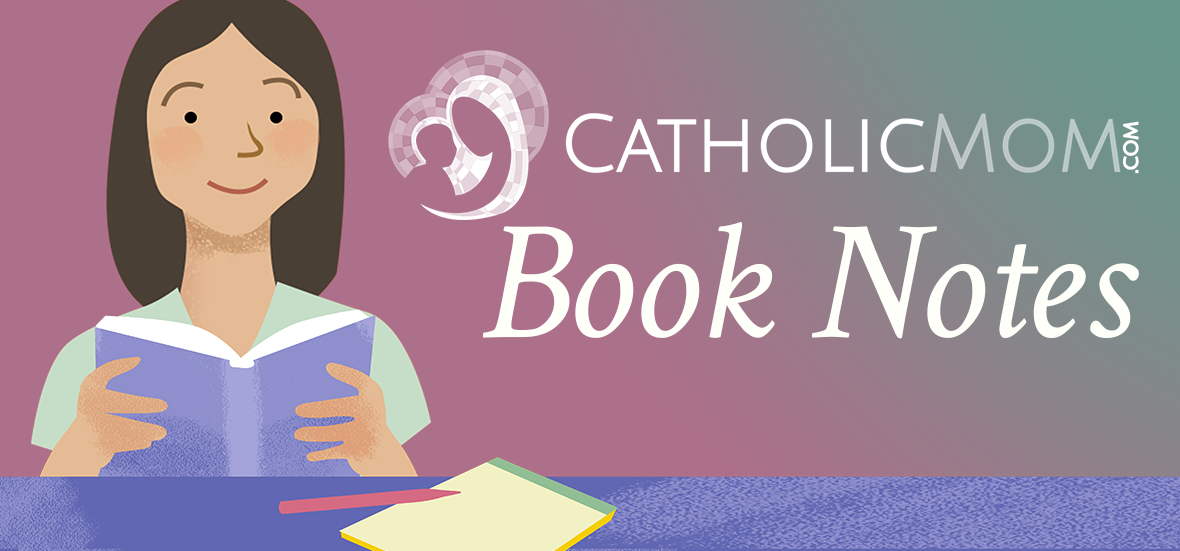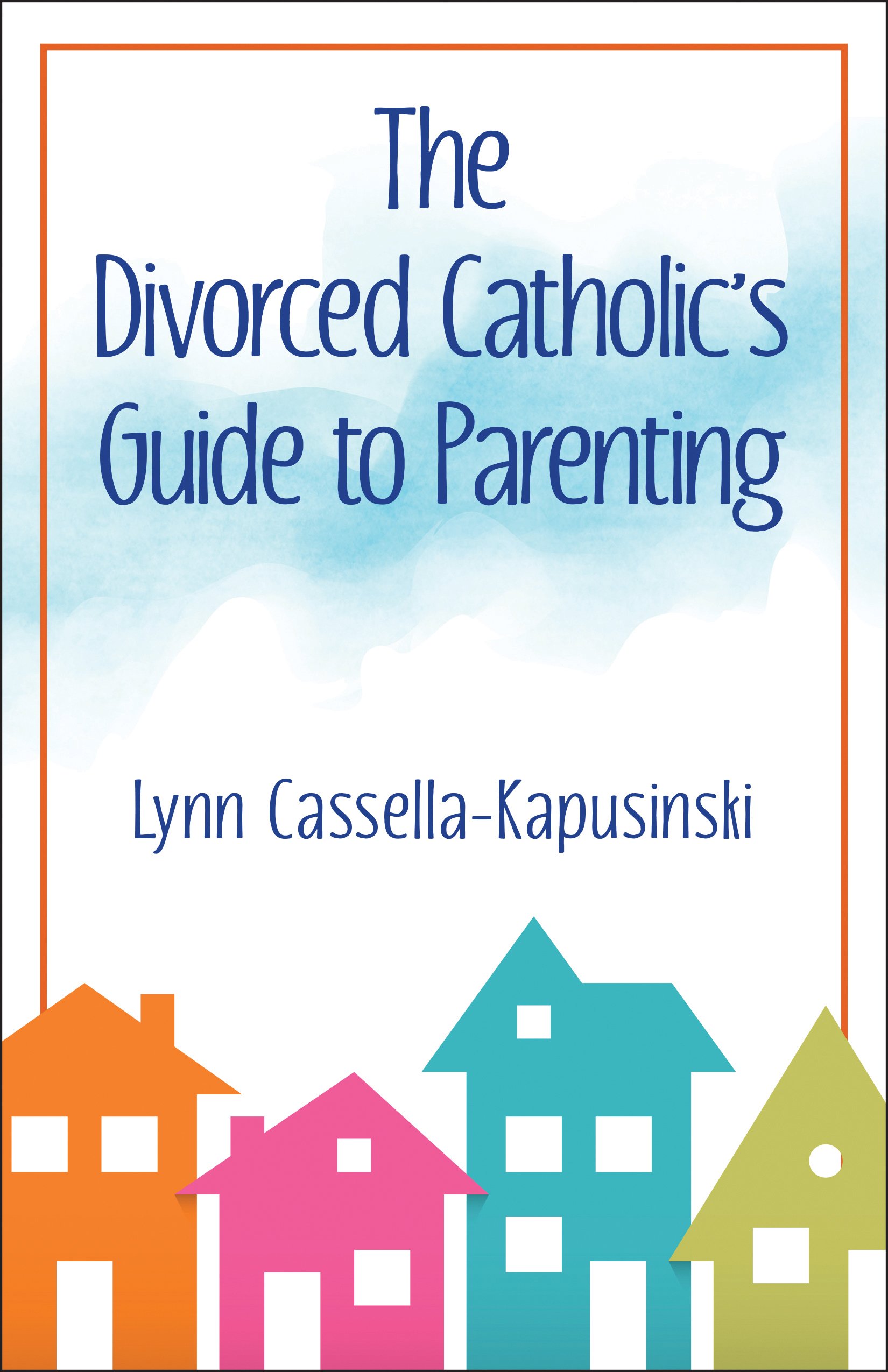
Susan Ciancio reviews Lynn Cassella-Kapusinski's new book, The Divorced Catholic's Guide to Parenting.
Most parents will agree that one of the most important things in life is the mental, physical, and spiritual well-being of their children. That’s why divorce is so gut-wrenchingly terrible, not just for adults, but for children as well.
In her latest book, The Divorced Catholic’s Guide to Parenting, author Lynn Cassella-Kapusinski helps divorcing and divorced parents understand and navigate the issues and emotions that arise during a divorce. A Notre Dame graduate, Cassella-Kapusinski is also a licensed clinical counselor and president and founder of the Faith Journeys Foundation — a nonprofit organization that provides pastoral care for children from divorced or separated families. Her book draws on her years of experience counseling children and families, along with her own experience as a child of divorce.

Wading through personal grief over the divorce can be incredibly difficult for adults, and the temptation exists to withdraw into yourself, to show your anger with your former spouse, to share too much with your child, or to even badmouth a spouse for leaving, but Cassella-Kapusinski explains why these actions are not only detrimental to the relationship between you and your child, but have far-reaching effects as your child grows and enters into his own romantic relationships. Her advice and personal stories help both children and parents transition to this new life and devise constructive ways to deal with the pain that naturally follows divorce.
With chapters on topics such as helping children adjust to new family dynamics, understanding and responding to a child’s grief, how much to explain and when, guiding children through anger issues, how to properly communicate, seeking God’s help, and other practical advice, this book has wisdom that every divorced parent should know.
One of the most important pieces of advice Cassella-Kapusinski offers is when she states:
Children do not get divorced from their divorced parents. Even when a parent is absent or a wonderful stepparent joins the family, in the child’s eyes, the attachment to or longing for the biological parent remains, as that parent will always be part of the child.
Helping parents reflect upon the fact that their child is part of both of them allows the parent to step back and look at things from the child’s perspective. As Cassella-Kapusinski says, “Your ex-spouse is half of your child’s heart,” so by hurting the other parent, you are naturally hurting your child. She writes that parents must put aside any hurt and work together as business partners to raise a child who continues to feel loved, who knows how to express his sadness effectively, and who can learn to problem-solve.
Several things make this book uniquely Catholic. The most salient is the author’s advice about helping children understand the value of suffering and how to unite with Christ in His suffering. In addition, she helps parents teach forgiveness, talk about the sacrament of marriage, and discuss the importance of relying on God to derive some good out of the bad. These sections are extremely important for people who feel that God has left them, whose faith is shaken, or who just don’t know how to explain these things to their child.
Cassella-Kapusinski also cautions the reader to reflect upon his/her life and to make necessary changes, as the child’s ability to grow will depend on the parent’s example. She asks the parent:
Does [the child] see you taking steps forward to establish a healthy new life for yourself as a single person? Are you able to find joy amid the pain? Are you discovering and utilizing your God-given talents to fulfill God’s plan for your life and to love others more fully? Are you seeking out supportive friendships and hobbies that enrich your mind, body, and soul? Or, does your child observe you focusing on the glass being half-empty, often complaining, and harboring negative, hopeless, and perhaps even cynical attitudes toward yourself and others?
Thoughtful reflection questions at the end of each chapter help the parent take responsibility for how he/she is handling the situation.
Divorce is not something to try to get through on your own. Everyone, even in the best situations, needs a little help and advice. There’s just too much to think of as you enter these uncharted waters. As a divorced parent, I highly recommend The Divorced Catholic's Guide to Parenting to anyone going through a divorce. The advice she offers is invaluable — to both you and your children — and it will help you get through one of the most difficult times in your lives.
Copyright 2020 Susan Ciancio
About the Author

Susan Ciancio
Susan Ciancio has a BA in psychology and a BA in sociology from the University of Notre Dame and a master’s in liberal studies from Indiana University. Since 2003, she has worked as a professional editor and writer. She is executive editor for the Culture of Life Studies Program and editor of ALL's Celebrate Life Magazine.


.png?width=1806&height=731&name=CatholicMom_hcfm_logo1_pos_871c_2728c%20(002).png)
Comments